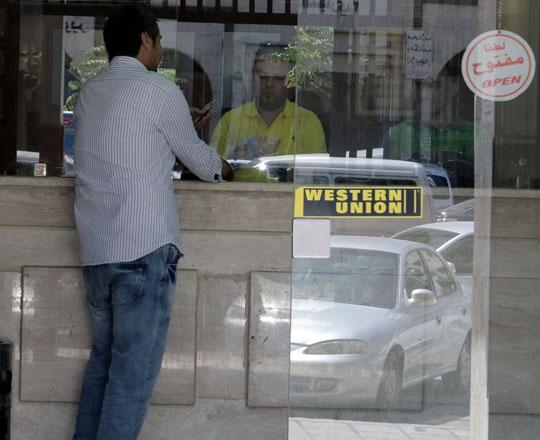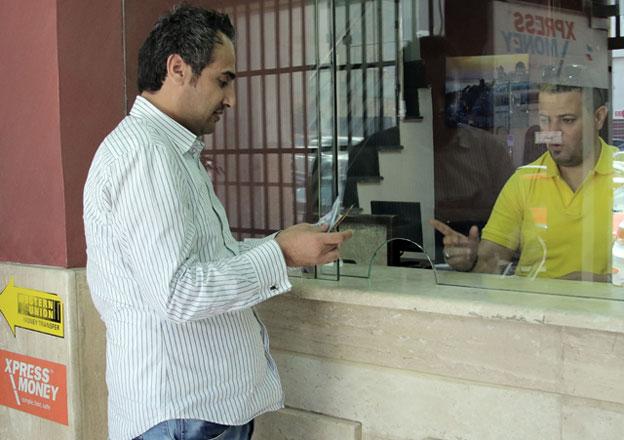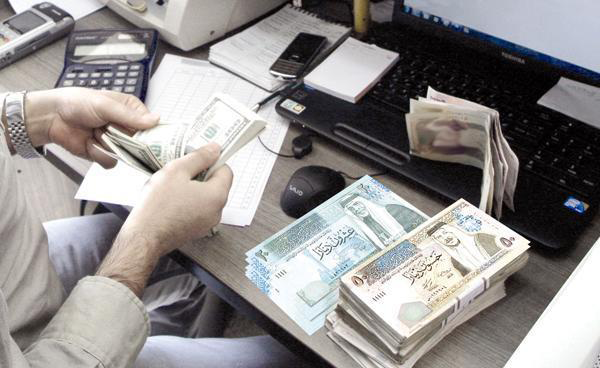You are here
Demand for dinar still high — sector leader
By Sawsan Tabazah - Aug 29,2016 - Last updated at Aug 29,2016

Higher demand for Turkish and Egyptian currencies is expected in Jordan as some travellers are planning to spend the Eid Al Adha holiday in the two countries (Photo by Osama Aqarbeh)
AMMAN — Demand for the dinar, the Egyptian pound and the Turkish lira is expected to rise ahead of Eid Al Adha, Jordanian Exchange Association (JEA) President Alaa Eddine Diraniyeh said on Monday.
Eid Al Adha, the feast of sacrifice, is expected to begin on September 11, and with weekends on either side of the five-day holiday, it offers an opportunity to travel abroad.
Increased tourism is expected to Turkey and Egypt, as both countries are offering travellers special deals and discounts, Diraniyeh said, adding that this would lead to a higher demand for Turkish and Egyptian currencies.
“The Turkish lira witnessed a critical situation due to the recent political developments but things have returned to normal,” said Diraniyeh, referring to the recent failed coup on July 15.
The demand for Saudi riyals usually rises during this time of year, as pilgrims head to Mecca to perform Hajj, but this year it has fallen, Diraniyeh said.
“I think people are suffering financial pressures and decided to delay Hajj to another year,” Diraniyeh explained.
Demand for the dinar is high all year, but surges during holidays, he said.
The high demand for the Jordanian currency is due to the increase in the Kingdom’s population, according to the sector leader, who noted that “10 million people have great purchasing power”.
Meanwhile, the financial aid for refugees is exchanged into dinars, and Jordanian expatriates send money home to invest, buy property or support their families, he added.
“Exports to Gulf countries are another factor that increases the demand for the dinar because the goods are purchased with foreign currency,” he said.
After Turkish and Egyptian currencies, the UK pound is most in demand on the local market, Diraniyeh said, noting that the pound’s value fell 10 per cent after the UK voted to leave the EU in June.
“People who were committed to payments or who send money to their children who study there have saved the 10 per cent,” said Diraniyeh.
There has been a slump in demand for the Syrian lira, the JEA official said. “It is not requested at all.”
Related Articles
AMMAN – Money changers across the Kingdom have been reporting growing demand for the dinar driven by Jordanian expats and Arab visitors, a s
The "tourism boom" in Jordan after Ramadan has pushed up demand for the dinar, the president of the Jordanian Exchange Association, Alaa Eddine Diraniyeh, said on Sunday.
AMMAN — Representative of the financial and banking sector at the Jordan Chamber of Commerce, Firas Sultan, on Wednesday said that there is



















